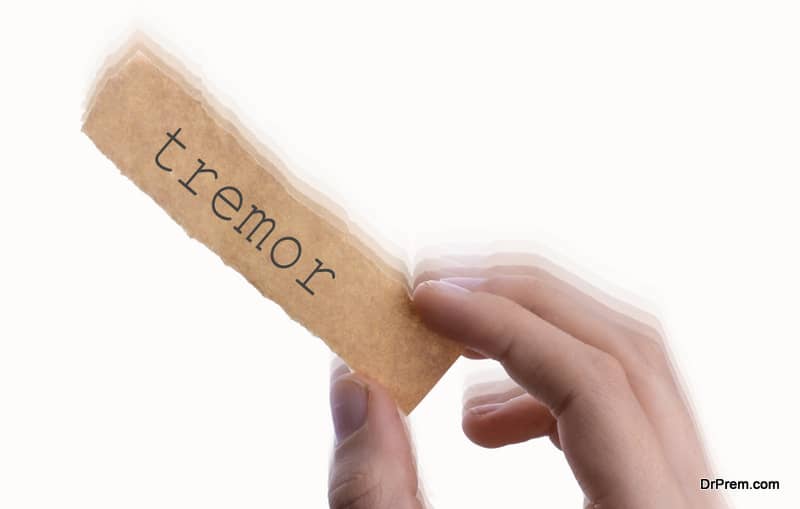The ability to speak and to express ourselves in words is one of those rare gifts that distinguish humans from other life forms. Therefore, experiencing sudden difficulty speaking is enough to drive anyone into panic mode. The very first symptoms that indicate that you are suffering from some kind of adult speech problem are slurred, hoarse, stuttered, rapid, or slowed speech. In addition to these, you may also have trouble in concentrating, sudden confusion, drooling, or weakened facial muscles. Any kind of speech impairment indicates a problem essentially related your brain, vocal cords, larynx or facial muscles and mouth. While the milder problems like mouth ulcers or laryngitis can be easily and effectively treated within a short span of time, the more serious ones require immediate and prolonged medical attention.
Following are some of the major disorders and their causes that can develop sudden difficulty speaking among adults:
Aphasia:

Aphasia is when you are unable to comprehend language – both written and oral – and are thus not able to communicate properly. This condition is caused by damage to those regions of the brain that are related to understanding and production of language. Signs and symptoms include difficulty in finding words, speaking with effort, difficulty in understanding spoken words, grammatical and spelling errors while writing and speaking, etc. Aphasia can be caused due brain injury, tumor, or degenerative disease like Alzheimer’s.
Dysarthria:

Dysarthria is weakening of those muscles that are primarily used for speaking – such as muscles in our lips, tongue, face, and throat. This leads to slow or slurred speech. Symptoms include speaking too slow or too fast, sudden slurred speech, mumbling, etc. All this makes it very difficult to understand what the person is saying. Causes of Dysarthria can include anything that causes brain damage such as stroke, injury, illness, muscular dystrophy, etc.
Spasmodic Dysphonia:

When the muscles of your vocal cord experience spasms, your speech becomes irregular due to interruptions and breakage of voice. This is known as Spasmodic Dysphonia. It affects the quality of your voice – making it hoarse, strained, or strangled. Also, the constant breaking of the voice makes you incoherent. The exact cause of Spasmodic Dysphonia is unknown yet, but studies suggest that it is related to the abnormalities in the brain.
Apraxia of Speech:

A condition wherein a person is unable to move the muscles needed to create speech is known as Apraxia of Speech. In this, there is neither any weakening of muscles nor any difficulty in comprehending or formulating language. It is just an inability to move muscles in a particular manner that creates sounds and words. Symptoms include difficulty in speaking long words, incorrect pronunciations, etc. Causes such as a brain stroke or an injury that damages the speech-enabling region of the brain can result in Apraxia of Speech. Scientists also believe that it can occur due to some problem in the transmission of signals between brain and muscles used for speaking.
Depending upon the symptoms and their gravity, the method of diagnosis and treatment is determined by the medical experts. Many of these disorders can be self-diagnosed. However, if you experience a sudden onset of slurred speech, drooling, or any prolonged change in the quality of your voice, you should seek medical help immediately.



